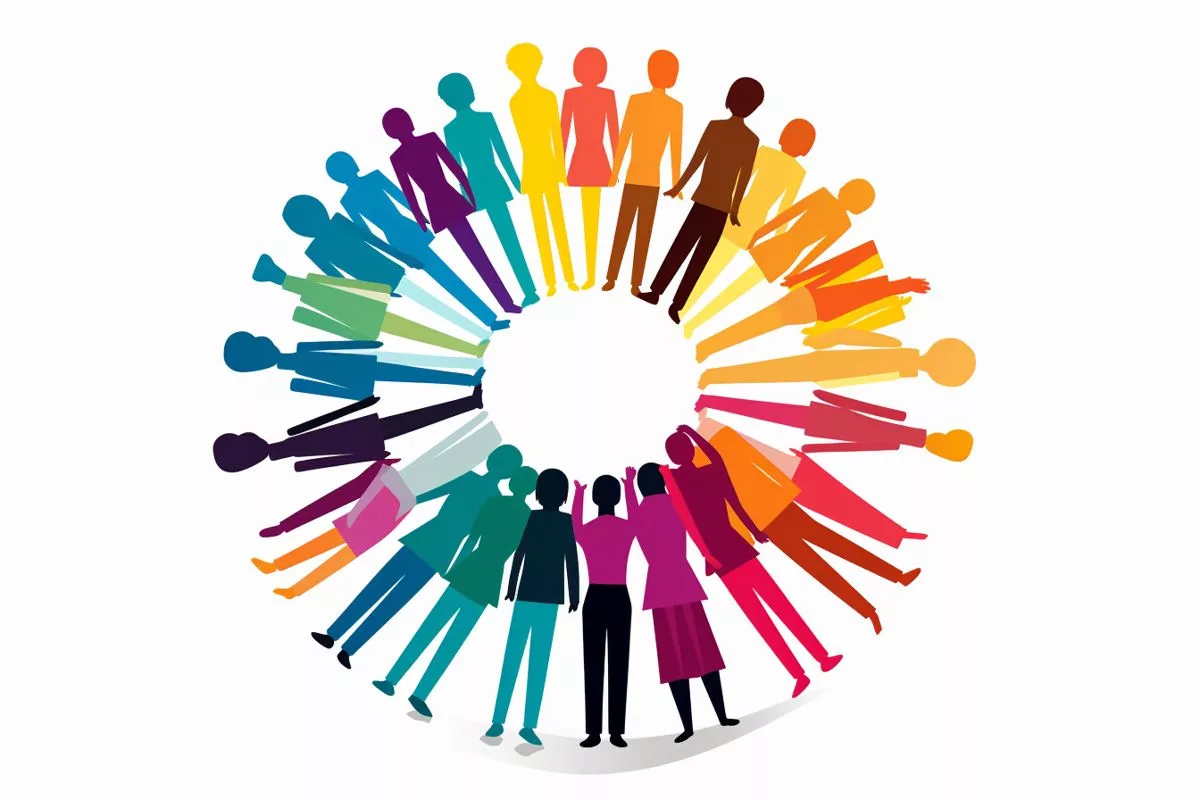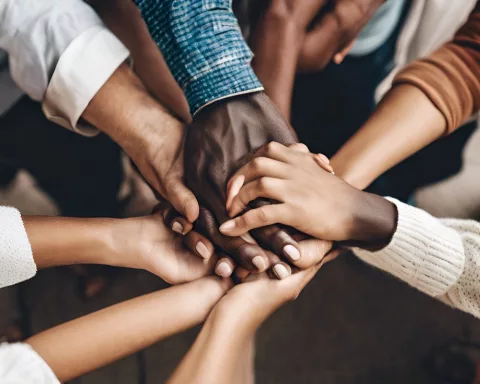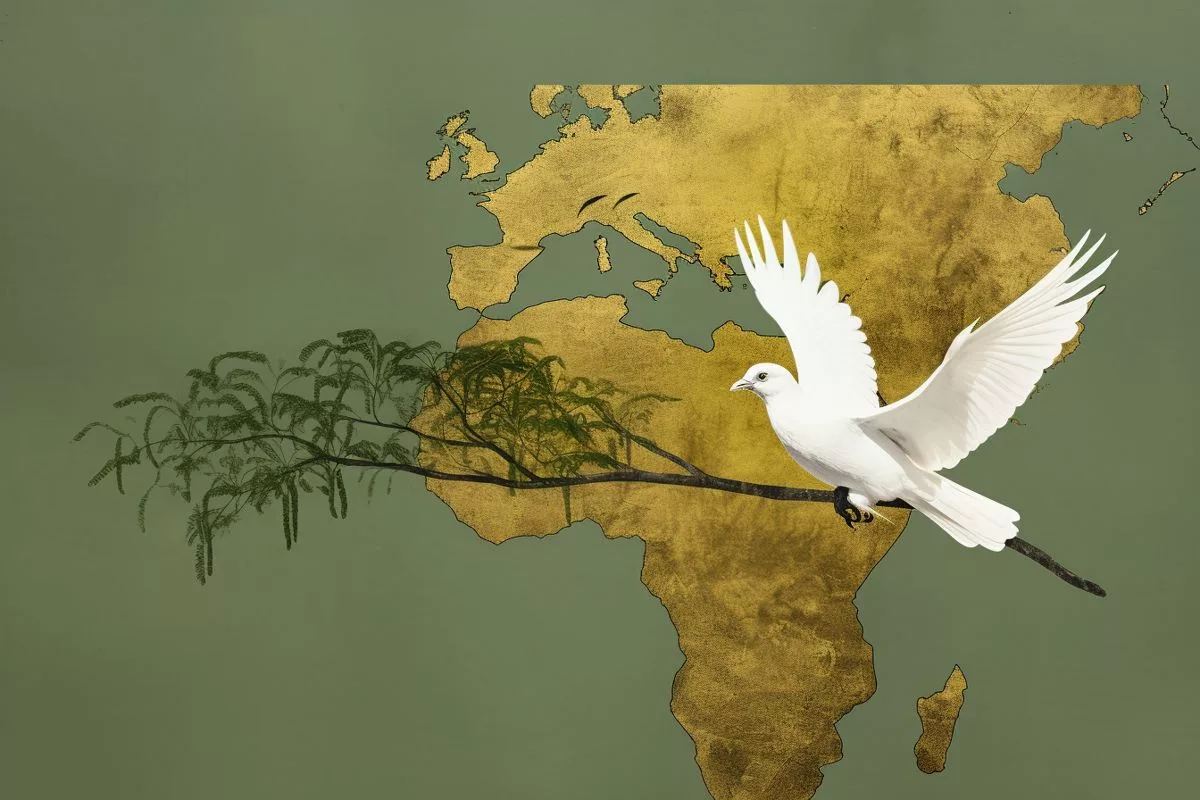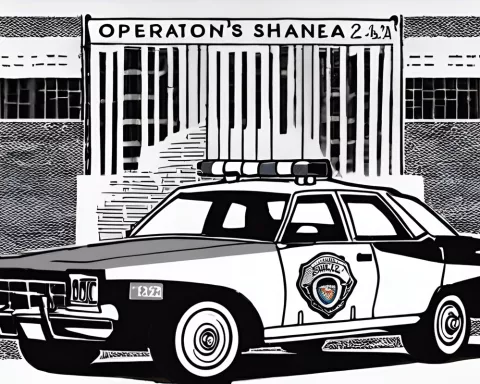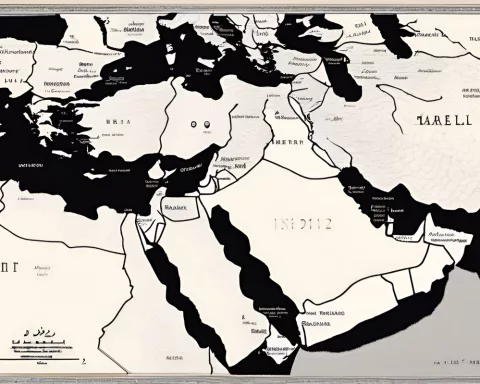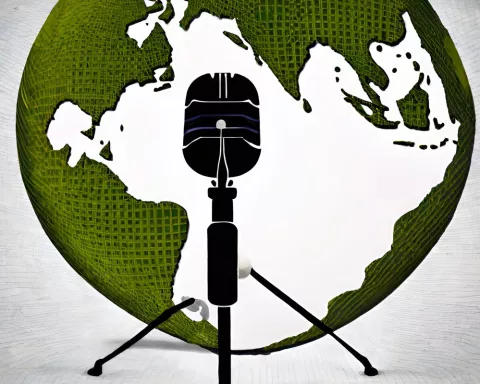South Africa’s Disability Rights Awareness Month (DRAM) has begun, aiming to promote an inclusive society that caters to diverse needs and establishes equity. Spearheaded by Minister Nkosazana Dlamini Zuma, the campaign focuses on consolidating and accelerating disability rights into the future, adhering to the Bill of Rights that ensures the right to life, equality, and human dignity for everyone. The campaign emphasizes the importance of collective efforts to break down barriers to inclusion and promote a society where people with disabilities can flourish and realize their full potential.
What is South Africa’s Disability Rights Awareness Month campaign?
South Africa’s Disability Rights Awareness Month (DRAM) is celebrated from November 3rd to December 3rd, aiming to break barriers and promote an inclusive society. Spearheaded by Minister Nkosazana Dlamini Zuma, the campaign focuses on consolidating and accelerating disability rights into the future. DRAM seeks to cater to diverse needs and establish an equitable society, adhering to the Bill of Rights that ensures the right to life, equality, and human dignity for everyone.
Subheading: Striving for a more inclusive society through collective efforts
Celebrating a Month of Disability Rights Advocacy
South Africa celebrates Disability Rights Awareness Month (DRAM) from November 3rd to December 3rd, joining the global community in breaking barriers and fostering an inclusive society. Minister Nkosazana Dlamini Zuma, a staunch supporter of disability rights, spearheads the DRAM campaign under the theme “Consolidate and Accelerate Rights of Persons with Disabilities into the Future.”
Disability, an intricate and diverse concept, covers various conditions such as physical, cognitive, mental, sensory, emotional, and developmental impairments. These conditions might be present at birth or arise at any point in a person’s life, manifesting as permanent, temporary, or episodic. DRAM seeks to cater to these distinct needs and establish a more equitable society, adhering to the Bill of Rights that ensures the right to life, equality, and human dignity for everyone.
Emphasizing that individuals with disabilities should not be denied their constitutional rights because of their conditions, Minister Dlamini Zuma has advocated for the National Disability Rights Policy. This policy, which is outlined in the White Paper on the Rights of Persons with Disabilities, aligns with the National Development Plan and the Strategic Priorities of the Sixth Administration, focusing on Economic Transformation and Job Creation.
Addressing Economic Vulnerability
The ongoing unemployment and underemployment of individuals with disabilities require efforts to empower them and reduce their economic vulnerability. Minister Dlamini Zuma acknowledges this critical issue and works to broaden opportunities for disabled persons. The Department of Women, Youth, and Persons with Disabilities (DWYPD) presented the sixth annual progress report on implementing the White Paper on the Rights of Persons with Disabilities to the cabinet. The report proposed increasing the minimum employment equity target from 2% to 3% for disabled persons for the 2024-2025 financial year, aiming to reach at least 7% by 2030.
The cabinet’s approval of the report has encouraged various departments to implement measures to hire disabled persons quickly, including headhunting. The 2023 DRAM campaign highlights the importance of addressing economic vulnerability, unlocking human potential, and fostering sustainable integrated community life.
Encouraging Collective Participation
The observance of Disability Awareness Month offers a chance for all to eliminate social barriers and alter perceptions that obstruct people with disabilities’ progress and well-being. Minister Dlamini Zuma stresses the importance of implementing practical actions that empower disabled individuals through resourceful, sustainable, and safe environments.
Calling upon all South Africans, organizations, institutions, and individuals to actively engage in raising awareness about the significance of upholding disability rights during the month and beyond, Minister Dlamini Zuma underscores the value of collaboration. A genuinely inclusive society, where everyone’s rights are respected and protected, can only be achieved through collective efforts.
Numerous initiatives and events will take place throughout the month, aimed at enhancing understanding and acceptance of people with disabilities. By participating in these activities and spreading awareness about the challenges faced by disabled individuals, everyone can contribute to building a more inclusive society.
Minister Nkosazana Dlamini Zuma’s leadership in launching the Disability Rights Awareness Month Campaign marks an essential step towards creating a society where people with disabilities can flourish and realize their full potential. The campaign’s success depends on the active involvement of all individuals, organizations, and institutions working together to break down barriers to inclusion and promote a more welcoming society for everyone.
1. What is South Africa’s Disability Rights Awareness Month campaign?
South Africa’s Disability Rights Awareness Month (DRAM) is celebrated from November 3rd to December 3rd, aiming to break barriers and promote an inclusive society. The campaign focuses on consolidating and accelerating disability rights into the future and seeks to cater to diverse needs and establish an equitable society, adhering to the Bill of Rights that ensures the right to life, equality, and human dignity for everyone.
2. Who spearheads the DRAM campaign?
The campaign is spearheaded by Minister Nkosazana Dlamini Zuma, a staunch supporter of disability rights.
3. What is the theme of this year’s DRAM campaign?
The theme of this year’s DRAM campaign is “Consolidate and Accelerate Rights of Persons with Disabilities into the Future.”
4. What is the National Disability Rights Policy?
The National Disability Rights Policy is an outlined policy in the White Paper on the Rights of Persons with Disabilities that aligns with the National Development Plan and the Strategic Priorities of the Sixth Administration, focusing on Economic Transformation and Job Creation.
5. How does the DRAM campaign address economic vulnerability?
The ongoing unemployment and underemployment of individuals with disabilities require efforts to empower them and reduce their economic vulnerability. The DRAM campaign proposes increasing the minimum employment equity target from 2% to 3% for disabled persons for the 2024-2025 financial year, aiming to reach at least 7% by 2030.
6. How can individuals, organizations, and institutions participate in the DRAM campaign?
Individuals, organizations, and institutions can actively engage in raising awareness about the significance of upholding disability rights during the month and beyond by participating in numerous initiatives and events that take place throughout the month.
7. What is the goal of the DRAM campaign?
The goal of the DRAM campaign is to establish an inclusive society that caters to diverse needs and establishes equity, adhering to the Bill of Rights that ensures the right to life, equality, and human dignity for everyone, and to promote a society where people with disabilities can flourish and realize their full potential.
8. How can we contribute to building a more inclusive society?
By participating in DRAM campaign activities and spreading awareness about the challenges faced by disabled individuals, everyone can contribute to building a more inclusive society. The success of the campaign depends on the active involvement of all individuals, organizations, and institutions working together to break down barriers to inclusion and promote a more welcoming society for everyone.

